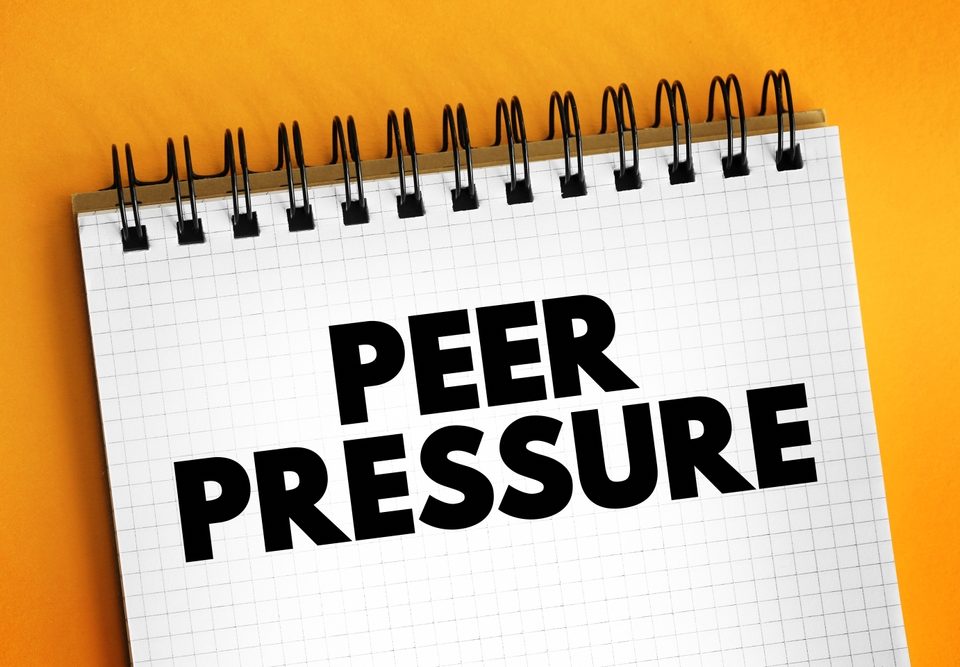
Practice Mindful Awareness
February 28, 2022
Brain Facts
March 1, 2022Learning Challenges
Adolescence is a challenging time for both children and parents. Add to that an undetected weakness affecting school learning and the challenges become even greater. Students with strong abilities in intelligence, attention,memory and high motivation may not experience failure until high school or even college. Their “weaker players” aren’t a problem until required to play at a higher level. Even their“strong players” can no longer compensate. The good news is that they can still develop stronger players with explicit,intensive intervention. The frontal lobe of the brain, which controls executive functioning, continues to develop during adolescence and into early adulthood. While the bodies of adolescents are mature and adult-like, their capacity to set goals, make a plan to achieve that goal, execute and self-monitor said plan can be shaky at best.On a more positive note, adolescents are more logical and systematic than they once were and can engage in deductive reasoning with greater success than they could in childhood.This is the time to empower them to become self-sufficient and be their own advocate. To know their strengths and weaknesses for school learning and to be able to appreciate those of others can give them a head start in the world.
What you can do
Provide a road map to help guide your child toward autonomy.
Have your child participate in his or her own school meetings.
Role play with your child on how to approach a teacher to advocate needs.
Meet with your child’s guidance counselor to discuss testing and high school graduation plans as early as possible.
Explore colleges and universities to learn about their resources on campus for individuals with learning disabilities.
If reading fluency remains problematic, consider training to read books in an audio format.
Encourage your child to employ an organizational strategy and consider using technology to assist.
Have your child ask the teacher for an outline of the notes in advance of a lecture.
If you see any signs of emotional challenges, seek counseling. They are deterrents to learning.
Conversation starters
I feel sad when I see how much time and effort you put into your writing assignments and then not getting good results. It has to be so frustrating. Can you tell me about it?
School has been a lot of work for you and I really admire how hard you work.
Sometimes once you hit high school, there are subjects that are really challenging and others that you really enjoy. Which ones do you enjoy? Which are harder? What are your thoughts on that?
Handling high school work and thinking about what to do after that can be scary. I’d like to listen to see if I can help.
You’re becoming an adult. Help me know when and what you need from me. You can tell me when to backoff, so that you can be more independent.
To learn more about helping your child with a learning difference add the Learning Difference Issue to your MASK Library
MASK the Parenting Magazine a quarterly publication providing solutions for Today’s Families.
The parenting manual offering solutions to the modern-day challenges families face. From Pre-K
through College stay up to date on the modern day issues families face.
Are you up to date on the issues your child is facing?
MASK Mothers Awareness on School-age Kids offers parenting solutions for today’s families. MASK tackles important topics – from drugs and alcohol to bullying and Internet safety -and gives students, parents and the community the knowledge and tools to manage these potential challenges.
Subscribe today! https://www.maskmatters.org/product/mask-the-magazine/
Download and share the MASKmatters app now! Made for children, parents, teachers and in Spanish.
Have solutions at your fingertips
Available free on apple and google play links below
Apple https://apps.apple.com/us/app/maskmatters/id1482305692
Google Play
https://play.google.com/store/apps/details?id=com.maskmatters.maskmattersapp&hl=en_US&gl=US





